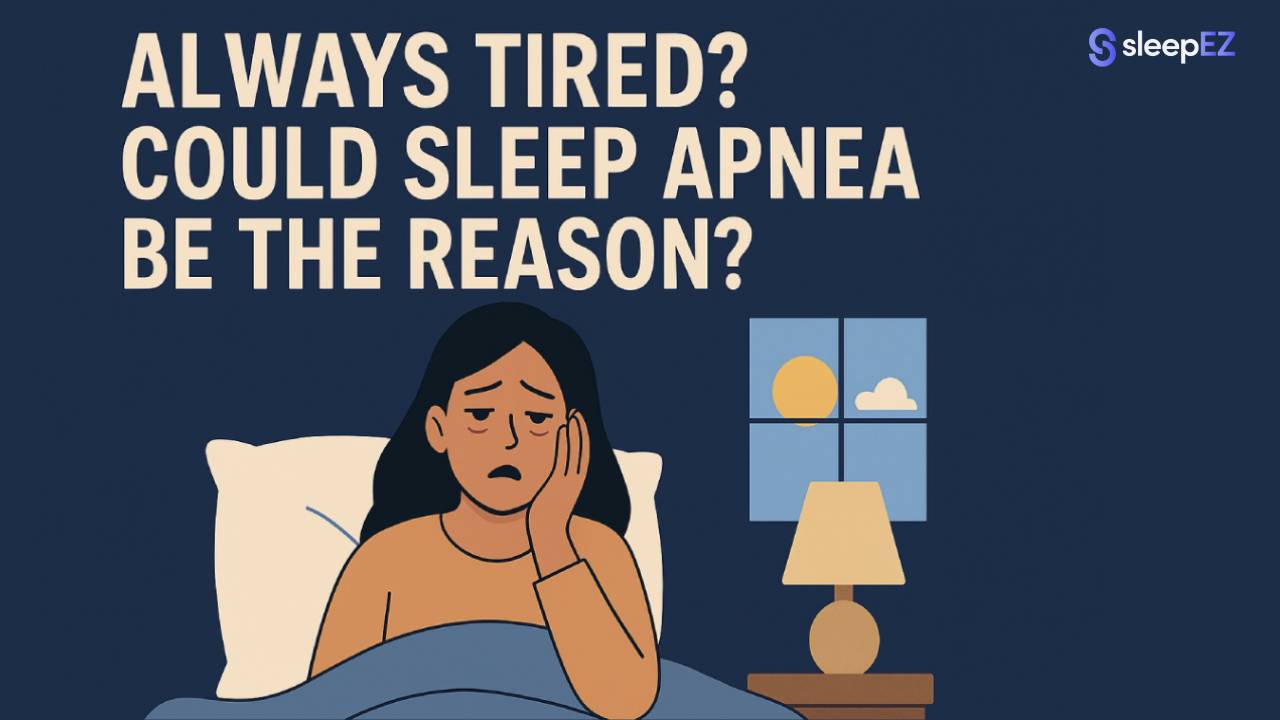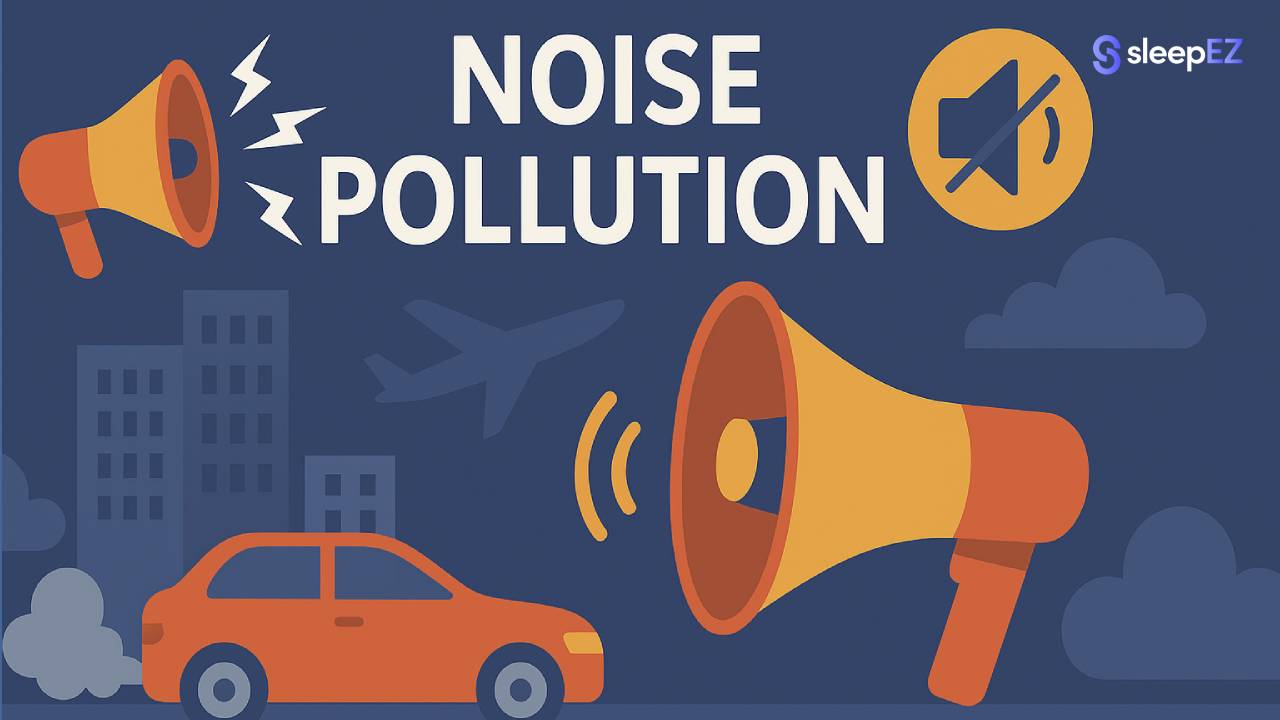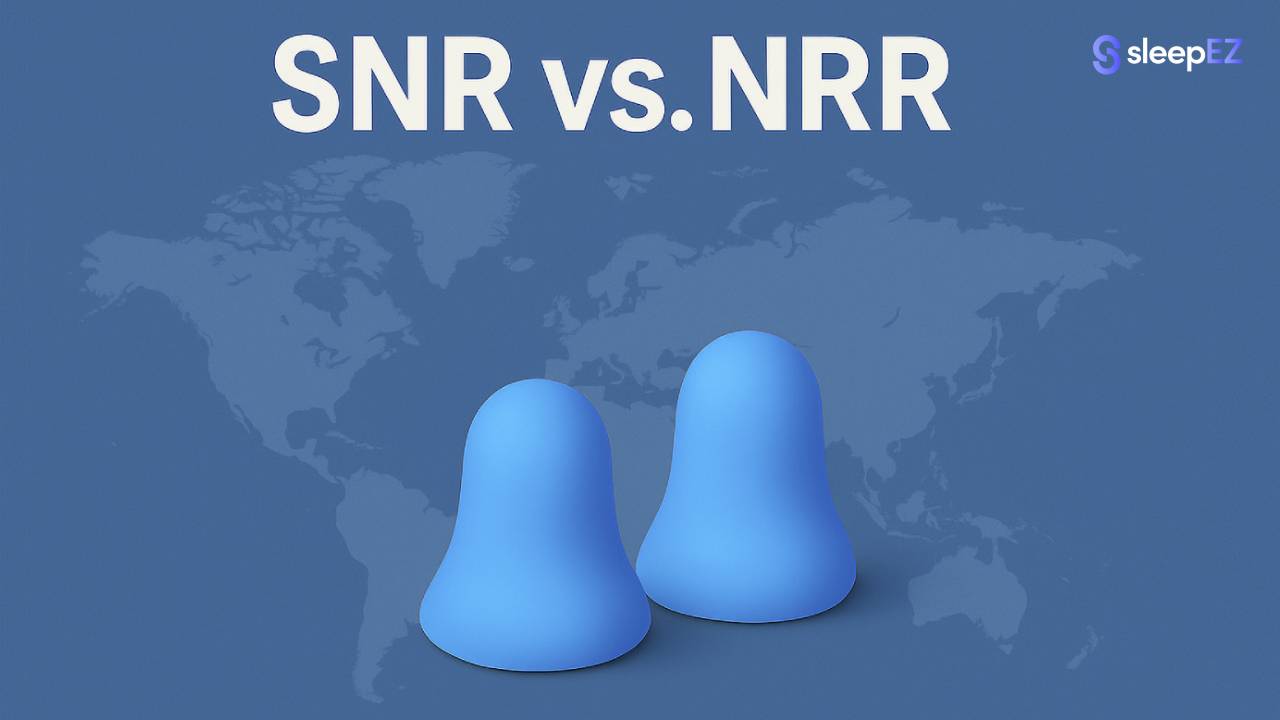If you wake up feeling just as exhausted as when you went to bed, even after a full night’s sleep, it’s easy to assume stress or a busy schedule is to blame. But for many Australians, persistent tiredness could be a sign of an underlying condition — sleep apnea.
In this guide, we’ll explore what sleep apnea is, the symptoms to watch for, how it’s diagnosed, and what you can do to improve your sleep quality.
What Is Sleep Apnea?
Sleep apnea is a sleep disorder where breathing repeatedly stops and starts during the night. These pauses in breathing can last from a few seconds to a minute, often happening dozens or even hundreds of times per night.
When you stop breathing, your oxygen drops. Your brain wakes you up just enough to start breathing again. These brief awakenings stop you from reaching deep sleep. That's why you feel tired all the time, even after spending eight hours in bed.
Signs You Might Have Sleep Apnea
You may not be aware of these breathing interruptions, but your body certainly is. Signs and symptoms include:
- Loud, chronic snoring
- Gasping or choking during sleep
- Morning headaches
- Dry mouth upon waking
- Difficulty concentrating during the day
- Irritability or mood changes
- Waking up feeling unrested despite “enough” sleep
Read: 5 Best Ear Plugs for Sleeping in Australia
Why Sleep Apnea Leaves You Tired
When your breathing pauses, your body briefly wakes you up to resume airflow — often without you even realising it. This constant disruption prevents deep, restorative sleep stages.
Over time, the lack of quality sleep leads to:
- Chronic fatigue
- Lower productivity
- Increased risk of high blood pressure, heart disease, and type 2 diabetes
- Reduced overall quality of life
Risk Factors to Consider
Some factors make you more likely to develop sleep apnea:
- Being overweight
- Having a thick neck or narrow airway
- Being male (though women can get it too, especially after menopause)
- Smoking
- Family history of sleep apnea
- Nasal congestion
Read: 7 Best Bluetooth Sleep Mask in Australia
How Sleep Apnea Is Diagnosed
If you think you have sleep apnea, see your GP or a sleep specialist first. You can't diagnose this yourself because many conditions cause similar symptoms.
Your doctor will ask about your medical history and examine you. They'll check your neck size, airway structure, and overall health. They'll ask about your sleep patterns, daytime symptoms, and what your partner has noticed.
Don't wait to get help if you have symptoms. Early diagnosis and treatment can greatly improve your life and prevent serious health problems.
Treatment Options
Treatment depends on the severity of your sleep apnea and may include:
- Lifestyle changes — Losing weight, quitting smoking, avoiding alcohol before bed.
- CPAP therapy — A device that delivers constant air pressure to keep your airway open.
- Oral appliances — Custom mouthguards that reposition your jaw during sleep.
- Surgery — In certain cases, to remove excess tissue or correct structural issues.
Improving Sleep Quality Alongside Treatment
Even with treatment, creating a quiet and comfortable sleep environment is key. Many people with sleep apnea also struggle with noise disruptions that can further harm sleep quality.
Two products that can help are:
- QuietBuds: Noise-reducing earplugs designed to block disruptive sounds without causing discomfort, making them ideal for side sleepers.
- Dreamy Sounds Sleep Mask: A Bluetooth sleep mask that plays soothing sounds or white noise, helping you relax and fall asleep faster.
When to Seek Help
If tiredness is affecting your daily life, don’t ignore it. Persistent fatigue isn’t normal. And if it’s caused by sleep apnea, early diagnosis can make a huge difference to your health.
Talk to your doctor, consider a sleep study, and take steps to improve your sleep environment so your body can get the rest it needs.
Bottom Line
Being “always tired” is not something you should simply push through. If you think sleep apnea might be to blame, take it seriously and get checked. In the meantime, make your bedroom a peaceful place to rest so every hour of sleep counts.




Leave a comment
This site is protected by hCaptcha and the hCaptcha Privacy Policy and Terms of Service apply.